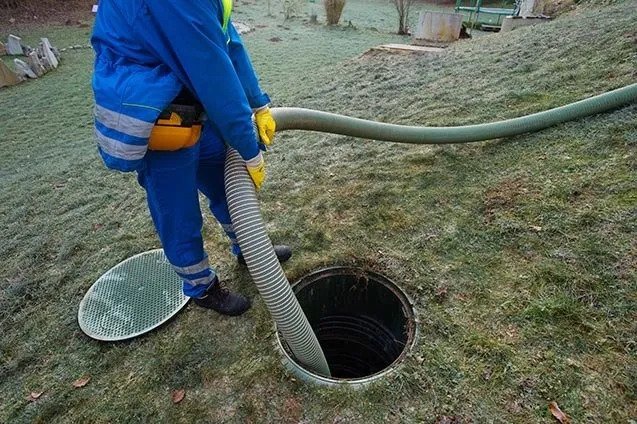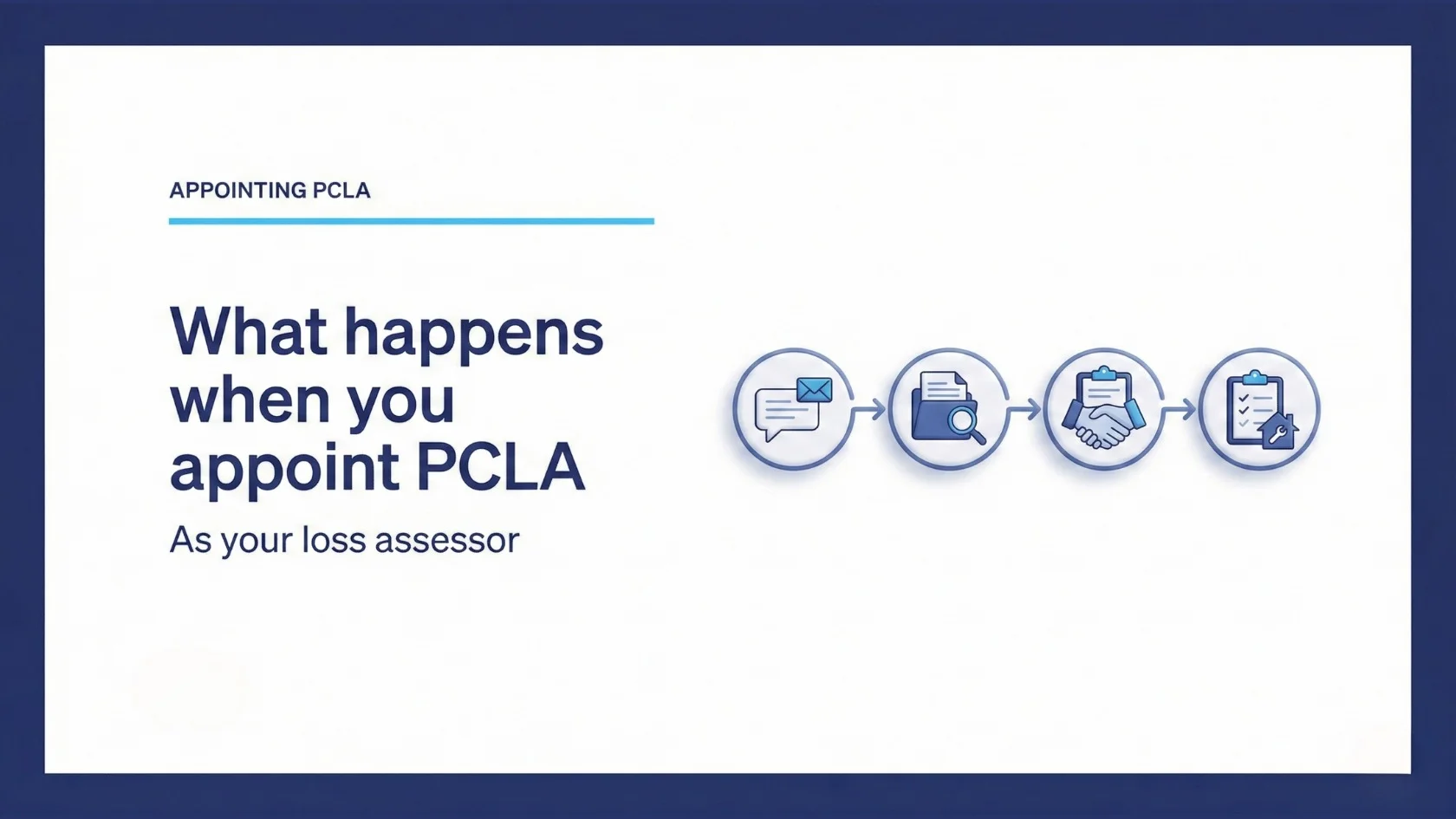Septic tank insurance questions usually come up after overflow, damage, or suspected failure — and cover can vary widely by policy wording. This article explains what insurers commonly consider an insured event, what exclusions to watch for (like wear and tear or poor maintenance), and what evidence helps if you need to claim.
What happens when you realise that there’s a problem with your septic tank? Maybe your mind starts spinning or you get stressed thinking about the huge expense required to fix it.
Don’t worry, we’re here to help you understand what goes into making a septic tank insurance claim and get you on the way to reclaiming your peace of mind.
Septic tanks are complex systems that require regular maintenance and upkeep in order for them to function properly. Unfortunately, it also means that things can go wrong sometimes — from a clog or blockage, or damage caused by tree roots or environmental factors such as heavy rainfall. Fortunately, if you have homeowner’s insurance, you can usually make a claim to recover these costs.
What is a septic tank?
A septic tank is an underground wastewater treatment system that uses bacteria to break down and filter the waste from a household. The waste is then transported through a drainage field, which disperses it into the ground. Septic tanks are most commonly used in rural areas where there is no access to municipal sewage systems. They can also be installed in suburban and urban areas if necessary.
The tank requires regular maintenance and inspections to ensure it functions as intended and does not lead to contamination of surrounding water sources. It’s important for homeowners to have a valid insurance policy in place that can protect against the cost arising from damage to a septic tank system as these costs can run into £1000’s.
The importance of understanding insurance coverage for septic tanks
Maintaining a septic tank requires the owner to be aware of the different types of insurance coverage available to them. Having appropriate septic tank insurance is essential to be able to make a valid claim should something go wrong with the system. It is crucial therefore, that homeowners understand what their buildings insurance policy covers and how it relates to their septic tank.
Standard buildings insurance policies usually have cover for a peril known as ‘accidental damage to underground services’.
This provides cover to the policyholder when damage is sustained to a septic tank or other elements of the system by unforeseen and fortuitous events. These can include damage from tree roots, impact from a heavy vehicle, hydrostatic pressure build up, impact to the tank, particularly the baffle, during the emptying process.
If damage to the system has been caused by any of the above events then it is usually possible for the works required to rectify the issue to be covered by a home insurance policy.

Call PCLA today to ensure you get what you are entitled to
If in doubt it’s always best to consult an experienced loss assessor who can help assess your situation and advise on the best course of action for obtaining adequate protection against any potential damage. Call PCLA today (028 9581 5318) for free advice over the phone.
Buildings insurance policy considerations
Homeowners should be aware of the importance of buildings insurance policies when it comes to understanding septic tank insurance claims. Buildings policies provide cover for accidental damage to underground services, including those associated with septic tanks.
It’s important to check the details of a buildings policy thoroughly to make sure that any potential claims are valid and that there is adequate coverage in place to protect against losses from ground movement, tree roots or other causes.
Homeowners should also consider taking out additional septic tank insurance if their existing buildings policy does not provide sufficient coverage. In some cases, insurers may require an independent loss adjuster’s report before agreeing to pay out on an insurance claim, meaning that homeowners could end up facing thousands of pounds in costs before receiving any compensation for damage caused by tree roots or other issues.
This is why PCLA would recommend home owner’s engage an independent loss assessor to act on their behalf.
How do you know if your policy covers a Septic Tank issue?
When it comes to determining whether or not your policy covers a septic tank issue, it’s important to review the terms and conditions of your insurance policy. Generally, standard buildings insurance policies will provide coverage for accidental damage to underground services such as septic tanks. However, some insurers may have exclusions in place that could limit the coverage provided in such instances.
For example, some policies may exclude coverage for damage caused by wear and tear. If you’re unsure whether or not a valid claim would be accepted under the terms of your policy, it’s best to contact PCLA and seek clarification. In any case, homeowners should be aware of what their policy covers and what type of losses might be excluded in order to make an informed decision about their insurance protection needs.
What Does Homeowners Insurance Usually Cover in Terms of Septic Tanks?
Homeowners insurance usually covers certain aspects of septic tank damage, such as:
- Tree root damage
- Ground movement
- Collapsed Baffle
- Damage caused by a vehicle
- Damage to Dip Pipes
- Hydrostatic pressure
We would always recommend engaging a loss assessor who can provide independent advice on the claims process and help resolve any disputes with your insurer.
Ultimately, understanding what your homeowners insurance covers in terms of septic tanks is essential for protecting yourself from costly repair costs in the future. Call PCLA today to learn more.
How to make a claim for septic tank damage?
Making an insurance claim for a septic tank can be a complex process, but it’s important to understand the full extent of the damage. The fastest and easiest way to make a claim is to engage PCLA. We can assess the damage within 24 hours. Our fully qualified building surveyors will be able to provide you with a realistic assessment of the damage. We also have certified Insurance Practitioners who can manage the entire claims process for you.
PCLA will also use our specialist contractors to undertake the works for you and ensure and damage is fully repaired providing a full guarantee for all works undertaken.
Ultimately, understanding how to make a successful insurance claim can potentially save you thousands of pounds in repair costs in the future.
Call PCLA today to get your claim started.



